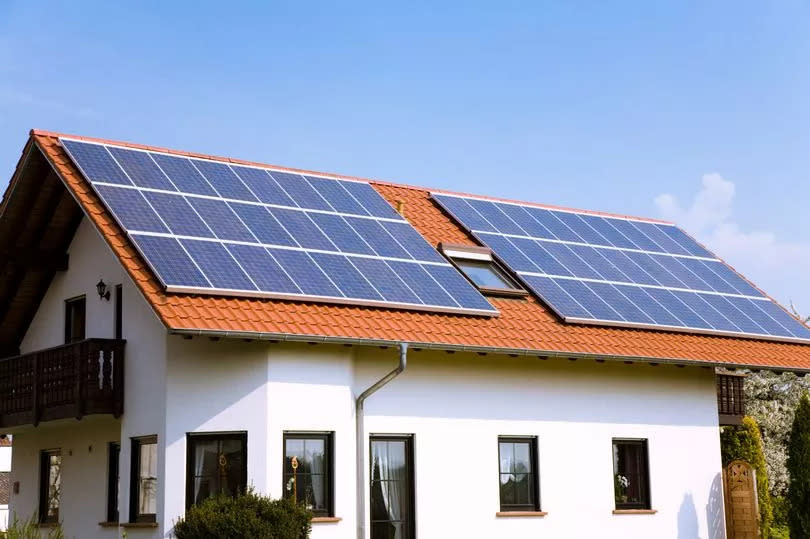Scotland's new rules on wood burning stoves explained as ban comes into force
Scots should be aware of new rules concerning wood burning stoves, which are now banned in certain circumstances.
The New Build Heat Standard (NBHS) was introduced last year in a bid to prohibit the installation of direct emissions heating systems in new homes. Coming into effect on April 1, there are concerns this will limit options for staying warm, particularly in rural communities that are prone to power outages and rely on secondary heating systems.
But according to the Scottish Government, the move is necessary in order to reduce carbon emissions and improve both indoor and outdoor air quality.
Here is what Scots should know about the new rules. including whether you'll have to get rid of your own wood burning stove.
Can I still use a wood burning stove in my home?
Yes, if you already have a log or coal burning stove, you can still use it and will not be required to get rid of it.
The new change applies to properties which have not yet been built and will specifically affect affect developers, manufacturers, installers, and the wider heating supply chain.
Wood burners can also be installed in new homes if building permits - which last for three years - were applied for before April 1. This requirement will also apply to specific types of home conversions, but only in certain circumstances.
What are the new rules on log burning stoves?

Under the New Build Heat Standard 2024, heating systems which do not meet current emission requirements are no longer allowed to be installed in newly built homes. These include vessels which rely on coal, wood, or other carbon emitting fuels.
Instead, where there is an installed heating system contained within a new building, it will be required to be a zero direct emissions heating (ZDEH) system. These heaters produce negligible direct greenhouse gas emissions and include electric heaters, electric pumps, solar thermal technologies and other heat networks.
How will this help the environment?
It is expected that the following four key outcomes will be delivered through the introduction of the NBHS:
Heating in new buildings no longer directly contributes to climate change
The heating systems in our new buildings provide us with a reliable supply of heat
Opportunities for retraining and upskilling of workforce across Scotland
Our indoor and outdoor spaces will have cleaner air
Wood burning stoves and home conversions
If you are converting an existing building, the NBHS will apply if:
you have a direct emissions heating system in the building or area of the building you are converting
it is ‘reasonably practicable’ to install a clean heating system – guidance on what is considered 'reasonably practicable' is provided in support of the new standard 6.11 within Section 6 (energy) of the 2024 Technical Handbooks
Exceptions to the New Build Heat Standard (NBHS)
The NBHS does not apply to:
if you are altering or extending a building built under a warrant applied for before April 1, 2024
to an emergency heating system
to heating provided solely for the purpose of frost protection
Join the Daily Record's WhatsApp community hereand get the latest news sent straight to your messages.

 Yahoo News
Yahoo News 
